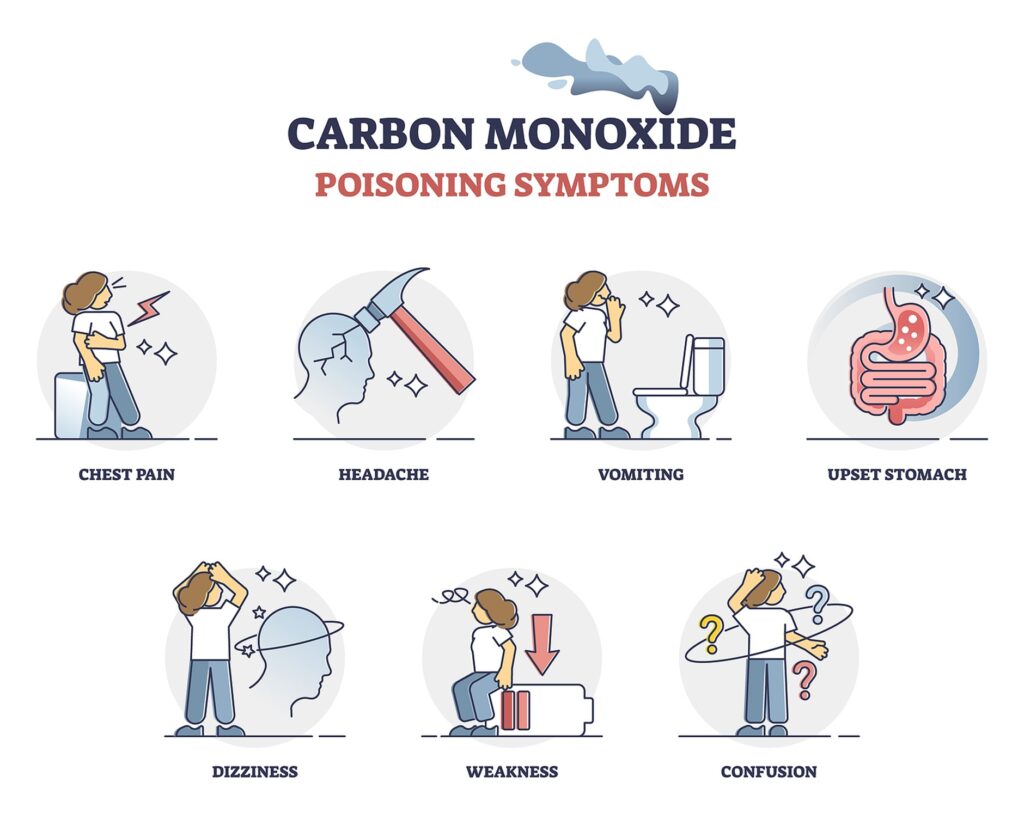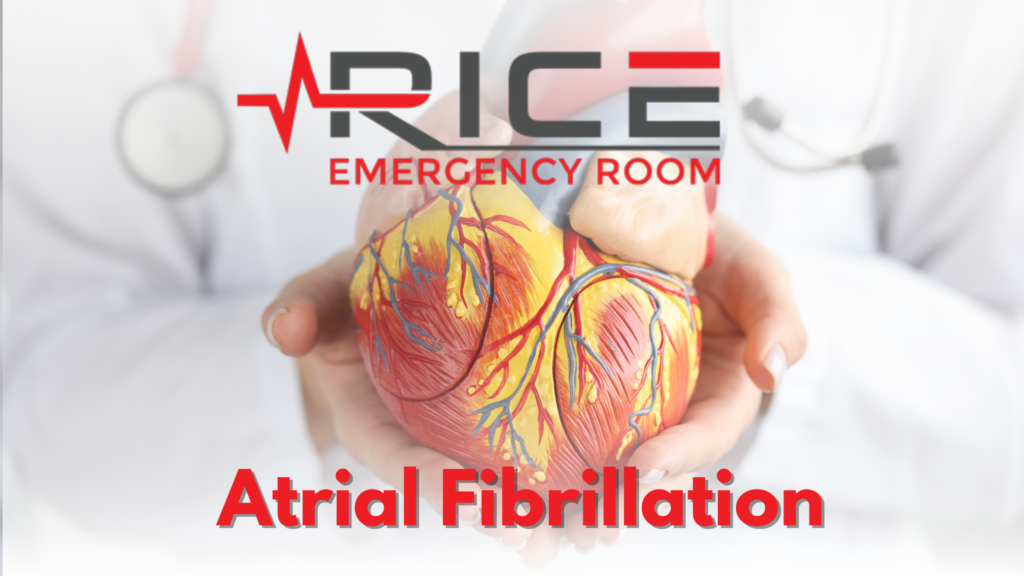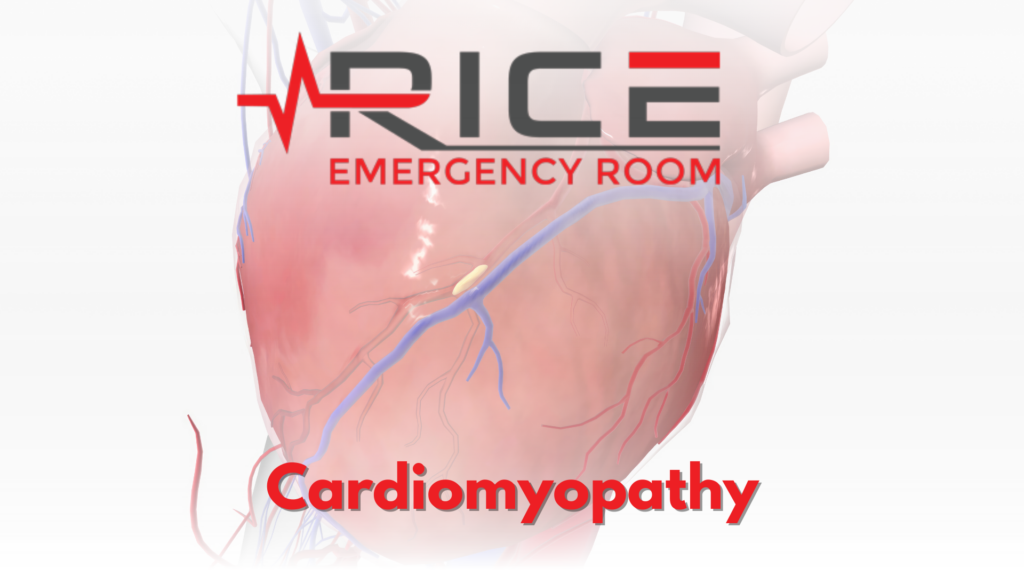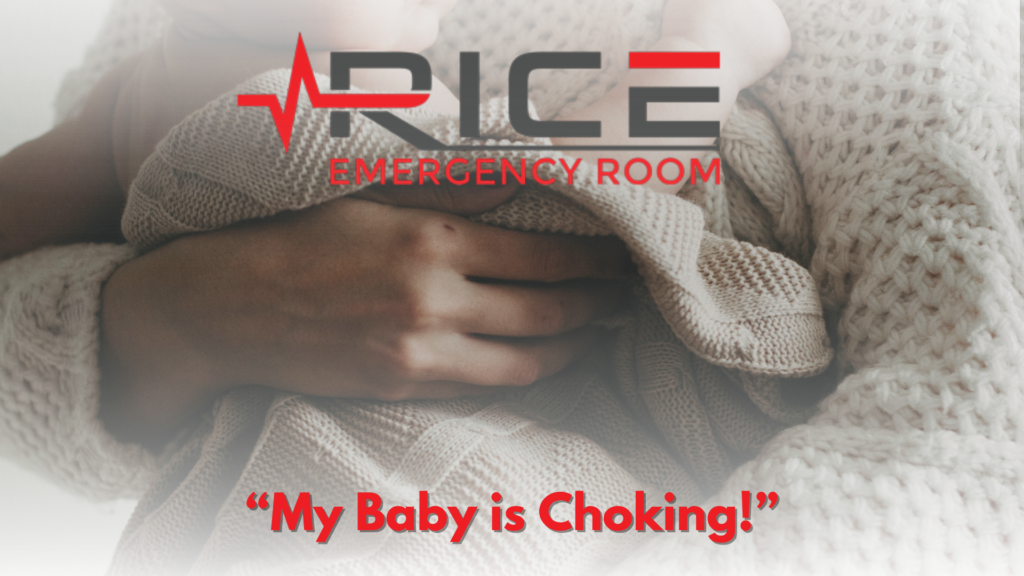Carbon monoxide poisoning can be serious and life-threatening. Every year, there are thousands of cases of carbon monoxide poisoning in the United States alone. It is essential to be able to identify the symptoms, know the causes, and learn how to prevent poisoning from happening.
What is Carbon Monoxide Poisoning?
When carbon monoxide (CO) levels in your bloodstream rise, carbon monoxide poisoning happens. Your body replaces the oxygen in your red blood cells with carbon monoxide when there is too much carbon monoxide in the air.
When gasoline, wood, propane, charcoal, or other fuels are burned, carbon monoxide, an odorless, tasteless gas, results. Appliances and motors that aren’t properly vented, especially in a room that’s securely sealed or enclosed, can build up lethal amounts of carbon monoxide. (Mayo Clinic, 2019)
Symptoms and Risks of Carbon Monoxide Poisoning
Headache, dizziness, weakness, nausea, upset stomach, vomiting, chest discomfort, and confusion are the most typical signs of CO poisoning. CO symptoms are commonly described as “flu-like.” CO can cause you to lose consciousness or kill you if you breathe it in heavily. People who are sleeping or drunk can die from CO poisoning before they exhibit symptoms. (CDC, 2022)
Treatment of Carbon Monoxide Poisoning
The first action is to get away from any potential sources of CO gas and call emergency services. A medical expert will be able to appropriately evaluate symptoms. If a person has severe symptoms, they might need to be hospitalized. A mask is used to administer 100% oxygen during hospital treatments.
Hyperbaric oxygen therapy (HBOT) may be advised if a medical expert detects nerve injury or if there has been significant CO exposure. In order to make up for the oxygen deficiency brought on by CO gas poisoning, this treatment saturates the blood with pure oxygen. People who are experiencing a loss or reduction in oxygen delivery, those who are in a coma, those who have previously lost consciousness, those who have an odd ECG reading or decreased brain activity, and pregnant women may all require HBOT. (Medical News Today)
Prevention of Carbon Monoxide Poisoning
Here are simple precautions that you can keep in mind to prevent carbon monoxide poisoning:
- Get carbon monoxide detectors installed. Place one in the hallway outside of each bedroom in your home. At least twice a year, check the batteries every time you check the batteries in your smoke detectors. Leave the house as soon as the alarm goes off and dial 911 or the fire department. Boats and motorhomes can also use carbon monoxide detectors.
- Before starting your car, open the garage door. Never leave a running vehicle in a garage. Especially if your garage is attached, exercise caution. Even with the garage door open, it is never a good idea to leave your automobile running in an area that is connected to the rest of your home.
- Utilize gas appliances as directed. Never heat your house using a gas stove or oven. Only use outdoor portable gas camp stoves. When someone is awake to watch them and doors or windows are open to let fresh air in, only use fuel-burning space heaters. Running a generator in a basement or garage is not recommended.
- Maintain proper ventilation for all engines and fuel-burning appliances like room heaters, furnaces, grills that use coal, cooking utensils, heaters of water, fireplaces, portable power sources, burning-wood stoves, engines in cars and trucks. Inquire with your utility provider about yearly inspections for your furnace and all other gas-powered appliances.
- Keep your fireplace in good working order if you have one. Every year, clean the flue and chimney in your fireplace. When remodeling, keep chimneys and vents clear. Verify that they are not obscured by tarps or other objects.
(Mayo Clinic)
Carbon monoxide poisoning can be prevented with a few simple steps and awareness. It is important to recognize the signs of carbon monoxide poisoning and immediately seek medical attention if symptoms occur. Carbon monoxide poisoning is serious – stay safe!
If you plan to visit Rice Emergency Room, please complete our online check-in process which you can find HERE
Medical questions can be answered by a physician on duty by calling: (281) 661-ADOC (2362)
Works Cited
“Carbon Monoxide Poisoning.” Mayo Clinic, Mayo Foundation for Medical Education and Research, 16 Oct. 2019, www.mayoclinic.org/diseases-conditions/carbon-monoxide/symptoms-causes/syc-20370642.
“Frequently Asked Questions.” Centers for Disease Control and Prevention, Centers for Disease Control and Prevention, 16 Nov. 2022, www.cdc.gov/co/faqs.htm.
“Carbon Monoxide (CO) Poisoning: Symptoms, Causes, and Prevention.” Medical News Today, MediLexicon International, www.medicalnewstoday.com/articles/171876#treatment.




